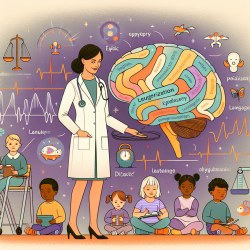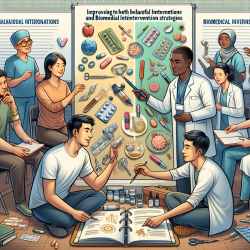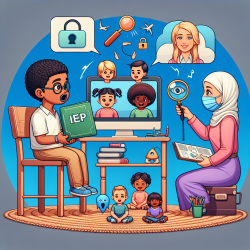Introduction
In recent years, the healthcare industry has made strides towards inclusivity, yet significant disparities persist for sexual and gender minority (SGM) individuals. A pivotal study titled Knowledge and perceived competence with sexual and gender minority healthcare topics among medical students and medical school faculty sheds light on the gaps in SGM healthcare education. This blog explores the study's findings and offers actionable steps for practitioners to enhance their competence in this critical area.
Study Overview
The study, conducted at a U.S. medical school, surveyed 223 medical students and 111 faculty members to assess their knowledge and perceived competence in SGM healthcare topics. The results revealed that while medical students possessed higher general knowledge about SGM issues, both students and faculty demonstrated inadequate clinical knowledge. This underscores the need for comprehensive educational reform and continuous professional development.
Key Findings
- General Knowledge: Medical students outperformed faculty, with 97.2% of students answering general knowledge questions correctly compared to 89.9% of faculty.
- Clinical Knowledge: Both groups showed low proficiency, with students scoring 65.6% and faculty 62.7% on clinical knowledge questions.
- Perceived Competence: Despite low clinical knowledge, both students and faculty perceived themselves as competent, highlighting a disconnect between self-assessment and actual knowledge.
Implications for Practice
To bridge the gap in SGM healthcare competence, practitioners should consider the following strategies:
- Curriculum Reform: Medical schools must integrate comprehensive SGM healthcare training into their curricula. This includes both theoretical knowledge and practical skills.
- Continuing Education: Faculty should engage in ongoing professional development to stay abreast of best practices in SGM healthcare.
- Self-Assessment: Practitioners should regularly evaluate their competence using evidence-based tools to identify areas for improvement.
Encouraging Further Research
While this study provides valuable insights, further research is essential to develop effective educational interventions. Practitioners are encouraged to participate in and support research initiatives that aim to enhance SGM healthcare outcomes.
Conclusion
Improving SGM healthcare competence requires a concerted effort from both educational institutions and healthcare practitioners. By embracing data-driven strategies and fostering a culture of continuous learning, we can work towards equitable healthcare for all individuals.
To read the original research paper, please follow this link: Knowledge and perceived competence with sexual and gender minority healthcare topics among medical students and medical school faculty.










